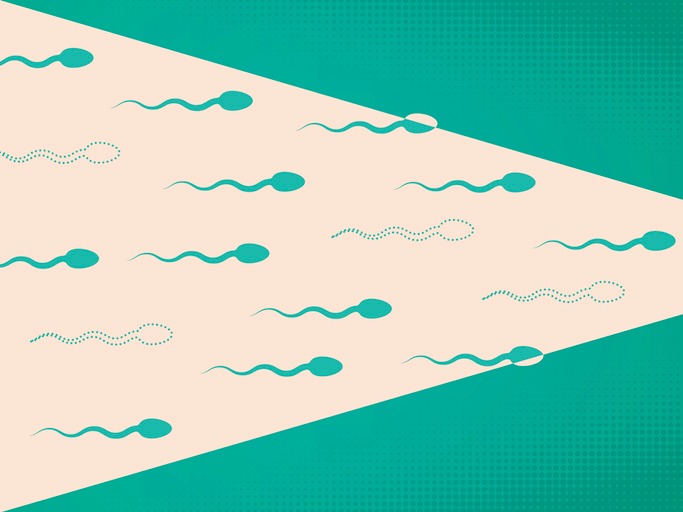Health
University of Utah Health researching male birth control

University of Utah Health scientists are testing a new contraceptive gel believed to decreases a man’s sperm production––reducing his chances of fathering a child––without decreasing his sex drive. Photo: Getty Images
SALT LAKE CITY — University of Utah (U of U) Health scientists are testing a new contraceptive gel for men, with the goal of expanding birth control options to ease the burden on women.
Based on preliminary research, the scientists believe the gel, which is applied to the shoulders, can decrease a man’s sperm production, thus reducing his chances of fathering a child, without reducing his sex drive. Its effects are reversible.
The researchers are recruiting 12 couples to participate in the two-year study, which is part of a nationwide Phase 2 clinical trial sponsored by the National Institutes of Health (NIH).
“In our society, women have primarily been responsible for contraception because they, not necessarily men, have to live with the consequences,” said David Turok, M.D., M.P.H, one of the trial’s principal investigators and chief of the Division of Family Planning in the Department of Obstetrics and Gynecology at U of U Health.
“This is a fabulous opportunity for men to step up and take an active role in the development of new methods of contraception. By doing this, they can demonstrate to their partners that they’re invested in a better future for all of us.”

Men currently looking to minimize pregnancy risk only have a few options: condoms, withdrawal, a vasectomy, or abstinence.
Turok said the new gel, developed by the Population Council and the NIH’s Eunice Kennedy Shriver National Institute of Child Health and Human Development (NICHD), could help expand their choices.
The gel has two hormones. One is a synthetic progesterone called Nestorone, which blocks natural testosterone production in the testes and reduces sperm production.
The other hormone is a replacement testosterone, which helps to maintain sex drive and other natural functions dependent on the hormone.
The researchers will be looking at how diligent men are at applying the gel daily as well as evaluating its acceptance as a contraceptive method, in addition to assessing its effectiveness in preventing pregnancy.
U of U Health:
To be eligible for the study, couples do not need to be U of U Health patients. However, they must be:
- Healthy and aged 18 to 50 (men) or 18 to 34 (women)
- Sexually active in a stable, mutually monogamous relationship for at least one year
- Have no infertility issues, and
- Women must have regular menstrual cycles between 21 and 35 days.
Once the study begins, men will be asked to apply the gel once a day. Because it can take four to six months for the contraceptive gel to fully take effect, couples will be required to use other forms of contraception during that time. After the man’s sperm count falls enough to prevent pregnancy, the couples will use the gel as their only form of birth control for 12 months. Throughout the study, researchers will monitor each man’s sperm count and testosterone levels.
After a year, the men will stop using the contraceptive gel and the study team will monitor their sperm count for at least four months or until it returns to a normal range.
Couples who participate in the full two-year study may receive up to $3,490 in compensation.
—
For additional information about participating in this contraceptive gel trial, visit the study’s web page or call the study coordinator, Jasmin Alcantara, at 801-923-6705.


















